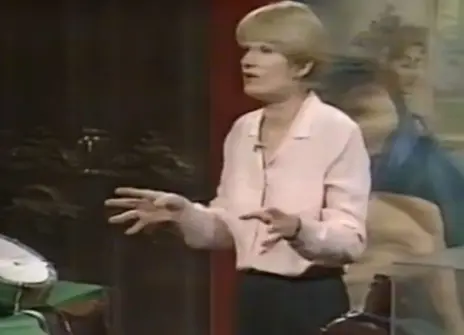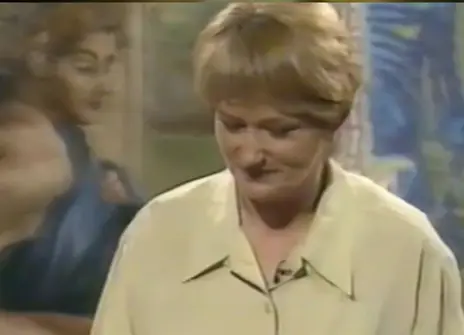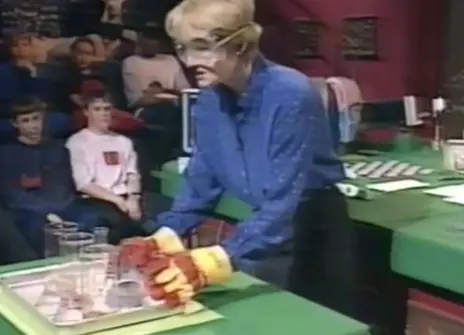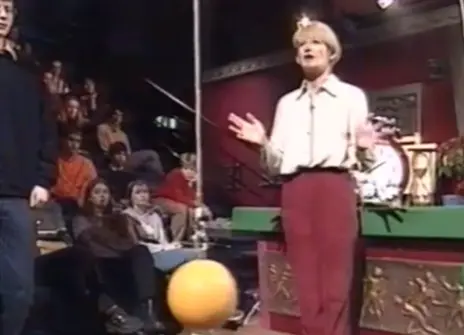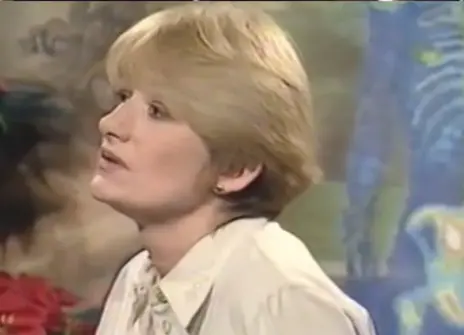Lecture 3 – Chilling out
Inside us, many chemical reactions are running in order to keep our bodies healthy. But the speeds of these reactions are affected by the temperature of our surrounding environment.
In the third of her Christmas Lectures, Nancy Rothwell reveals how humans and animals alike have evolved to keep their body temperatures constant, even when the temperature of their habitats is changing.
After journeying down to the chilly depths of the ocean to tell us how sharks keep warm, Nancy returns to the warm climes of the Arabian desert to explain why some Bedouins still wear dark robes despite knowing that black absorbs more heat than white.
Brave assistant Rob then jumps into an ice bath to demonstrate how our body will maintain its core temperature, even if it’s cold outside. Plus, we hear how other creatures in the animal kingdom - from the furry chinchilla to the Arctic penguin – are equipped to deal with adverse conditions.
About the 1998 CHRISTMAS LECTURES
From burning off that extra piece of pudding to keeping it cool, our bodies are juggling all sorts of chemical reactions to keep us alive and healthy. Over the course of five lectures, Nancy Rothwell takes a closer look at the physiological processes that help our bodies stay in balance, and reveals what can happen when that balance tips the wrong way.
Beginning with a look at our senses, Nancy explains how our perception of the world around us is essential to our survival, and how other creatures in the animal kingdom have evolved similar sensitivities.
We learn how all our bodily processes are fuelled by energy in the food we eat, and how they are affected by the temperature of our surrounding environment.
With the help of some animal friends, Nancy reveals how our bodies are trained by the sun and how some creatures know exactly when it’s time to die, before finishing with a look at the astonishing adaptations animals have evolved to cope with life in the extremes.

